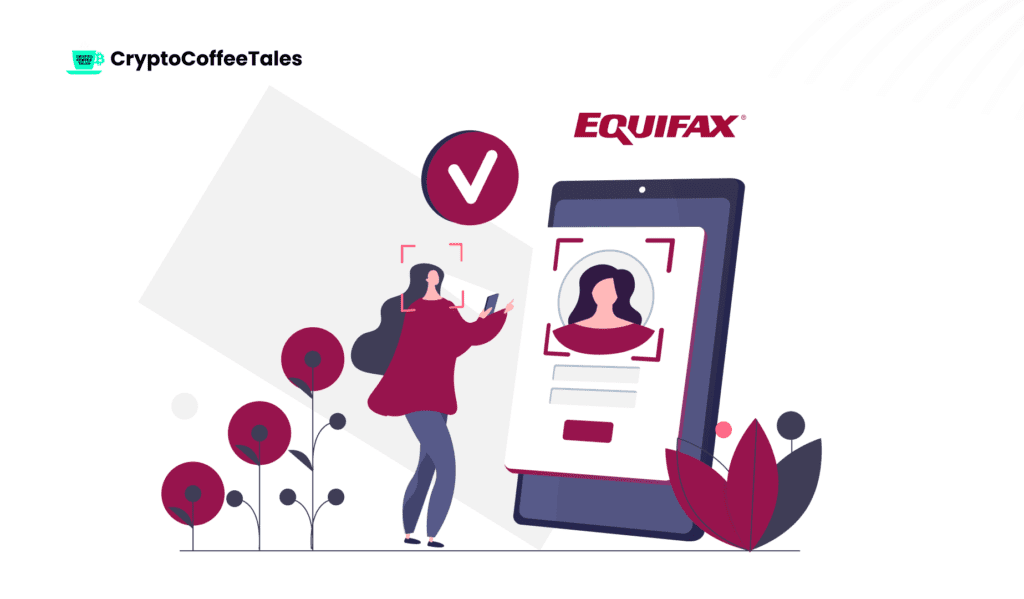Known for its significant data leak, Equifax is developing a Web3 KYC solution.


In order to create a Know Your Customer (KYC) solution, blockchain company Oasis Labs has teamed with credit reporting business Equifax, which is well known for having experienced one of the biggest customer data breaches to date.
On October 26, Equifax and Oasis announced that the latter will be developing on Oasis’ platform a decentralized identity management and KYC solution for the sector that would employ Equifax’s Application Programming Interfaces (APIs) to aid with checks and user identification.
The release made no mention of the precise technology that will support this service.
Both companies contend that there hasn’t been a KYC solution specifically designed for Web3 that offers “high privacy protection,” and their suggested product is intended to fill this gap by sending wallets of users with anonymized KYC credentials.
According to the statement, this accreditation will be regularly updated, and Oasis promises that its “privacy-preserving features” will ensure that information is processed in security while keeping a trail on the business’s blockchain.
Dock and Quadrata are Web3 companies that provide comparable solutions based on decentralized identification. Each of their products is based on a decentralized identity.
Some Web3 natives might be wary of the alliance in light of the serious data leak Equifax experienced in 2017. According to cybersecurity firm UpGuard, there were around 163 million compromised private records worldwide, of which 148 million belonged to Americans. This makes it the 13th greatest data breach in American history.
Attackers went after Equifax because it had not updated to the most recent version of a third-party web portal that had a known vulnerability. During the roughly two and a half months that the hackers had access to the firm’s systems, they stole millions of records holding sensitive data.
According to reports, Equifax spent $1.4 billion on legal costs and bolstering its security measures as a result of the breach. The company paid a $700 million fine levied by the U.S. Federal Trade Commission and Consumer Financial Protection Bureau in July 2019.